As someone who’s spent over a decade in SEO, I’ve seen firsthand how powerful video content can be. I’m Frasat Ali, and I’ve tested video SEO strategies across different industries, using YouTube, websites, and short-form platforms. This guide is based on actual work, not just theory. I’ll break down exactly what works in 2025 to get your videos seen, clicked, and ranked.
What is Video SEO?
Video SEO means optimizing your videos so they appear higher in search engine results. This includes YouTube searches, Google search (video snippets), and even platforms like TikTok and Instagram Reels.
When done right, video SEO can:
-
Increase organic traffic
-
Improve user engagement
-
Boost time-on-site
-
Build brand visibility
Real-Life Instagram Video Example:
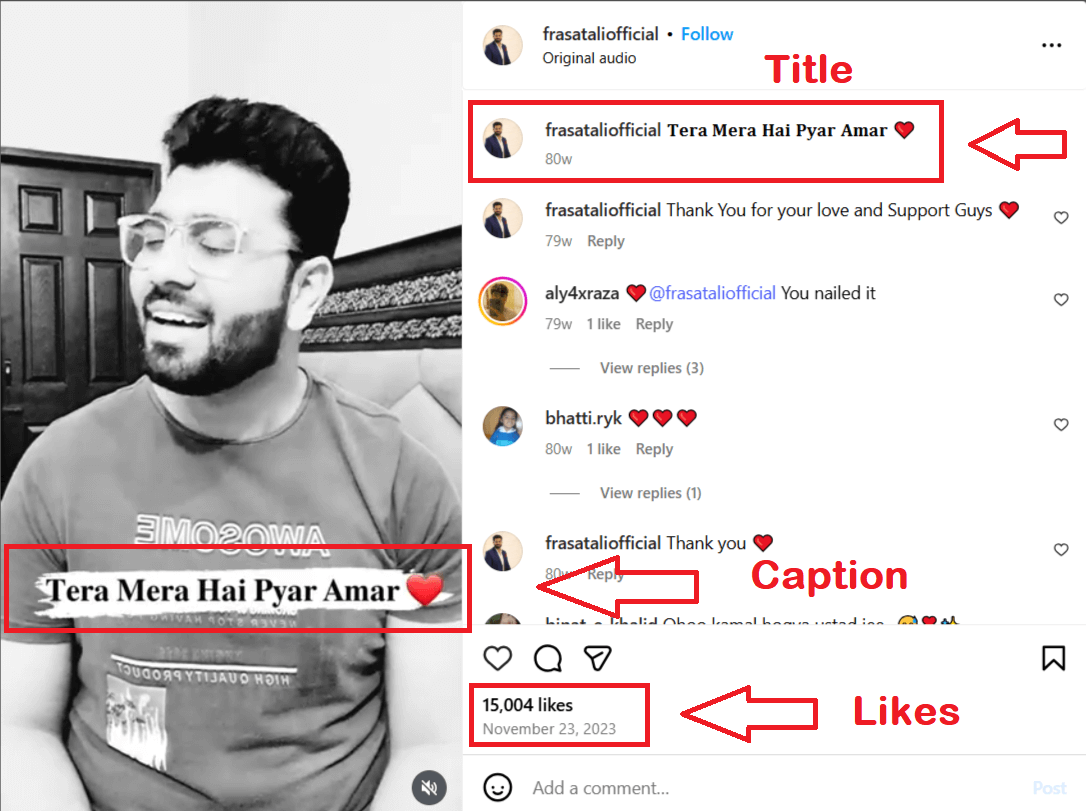
I created a short-form video reel using the keyword “𝐓𝐞𝐫𝐚 𝐌𝐞𝐫𝐚 𝐇𝐚𝐢 𝐏𝐲𝐚𝐫 𝐀𝐦𝐚𝐫”, which was the OST of the Pakistani drama Ishq Murshid. I added the keyword to the video title and also displayed it as a caption on the video screen. The video was high-quality with great sound, which helped it go viral on Instagram, receiving over 15,000 likes in just one day. This shows the power of using exact-match keywords, strong visuals, and platform-native optimization.
Video Link: https://www.instagram.com/p/Cz_cOzBttq1/
Why Is Video SEO Important?
Search engines now prioritize multimedia content. With platforms like YouTube acting as their own search engines, you must treat your videos like blog content, fully optimized.
Here’s what optimized video can do:
-
Help your content show in Google’s “Videos” tab
-
Get featured in rich snippets
-
Rank directly on YouTube (the second-largest search engine)
Best Platforms for SEO Video Content
Your SEO video strategy must consider where your content lives:
-
YouTube – Ideal for tutorials, reviews, how-tos
-
Vimeo – Better for B2B or creative portfolios
-
Self-hosted videos – For full control on your own site
-
Social platforms – Instagram, TikTok, LinkedIn (less SEO but strong engagement)
Video SEO Best Practices
1. Do Keyword Research for Video Titles
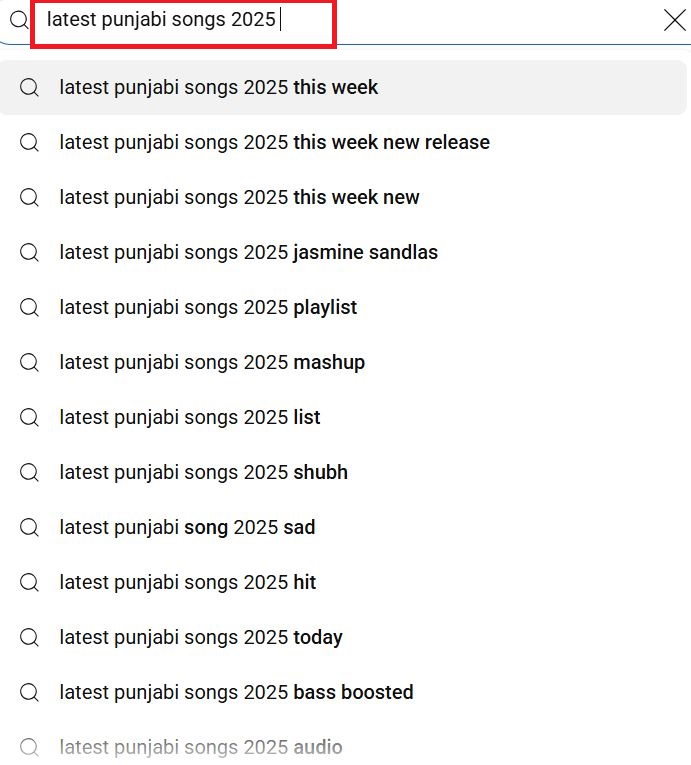
Just like blog content, your video title should match what people search.
Use tools like:
-
YouTube autocomplete
-
Google Trends
-
Ahrefs or Semrush (for video-specific keywords)
Example from My Experience:
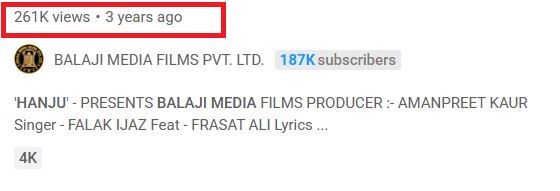
For my Punjabi duet song “Hanju”, I used the keyword “Latest Punjabi Song 2025” in the title. The final title was:
“HANJU – Frasat Ali x Falak Ijaz – Latest Punjabi Song 2025”

It helped the video rank well for trending Punjabi music keywords and reach 300K+ views across YouTube.
2. Optimize Video Titles and Descriptions

Title: Keep it under 60 characters and include your main keyword.
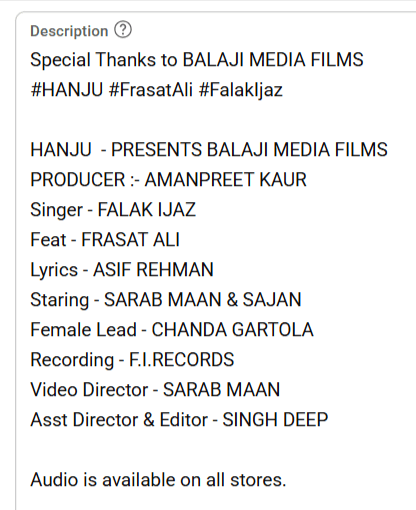
Description:
-
Add 2–3 keywords
-
Include timestamps (for YouTube)
-
Add important links (blog, social media, services)
Real Example:
In the “Hanju” video, I included full song lyrics in the description and added related keywords like:
Punjabi duet song, Frasat Ali song, latest Punjabi hits.
This helped both SEO and user engagement.
3. Use Tags and Categories Wisely
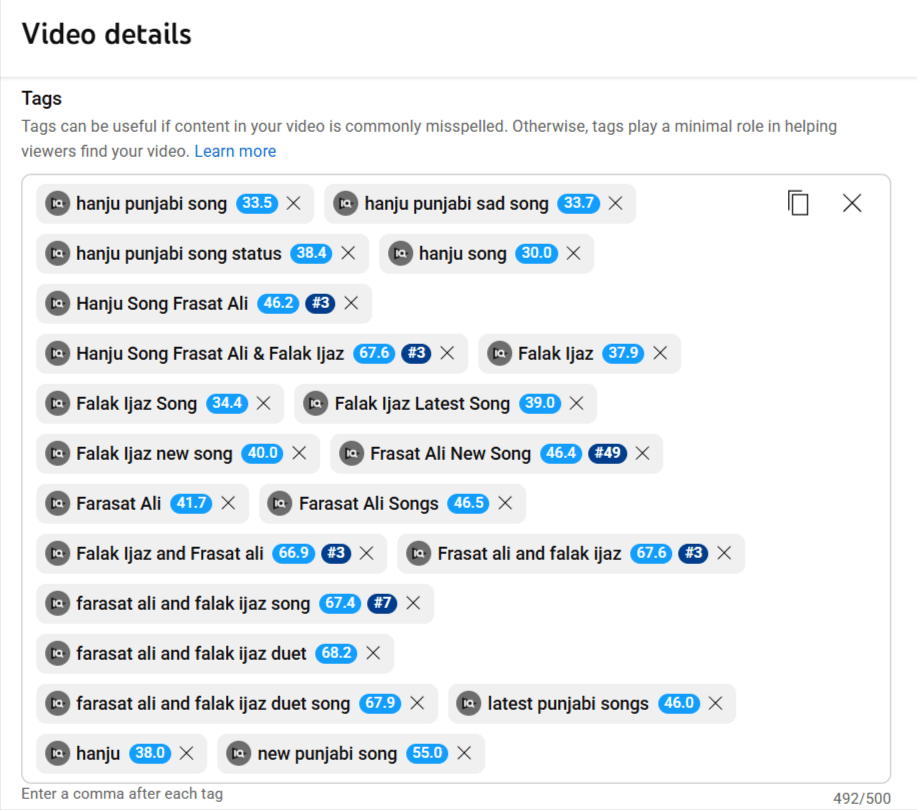
Tags help algorithms understand what your video is about.
Include tags like:
-
video seo
-
How to rank videos
-
seo video strategy
-
Punjabi songs 2025
Pro Tip from Experience:
For “Hanju”, I added tags like Punjabi sad song, latest duet song, and Falak Ijaz songs.
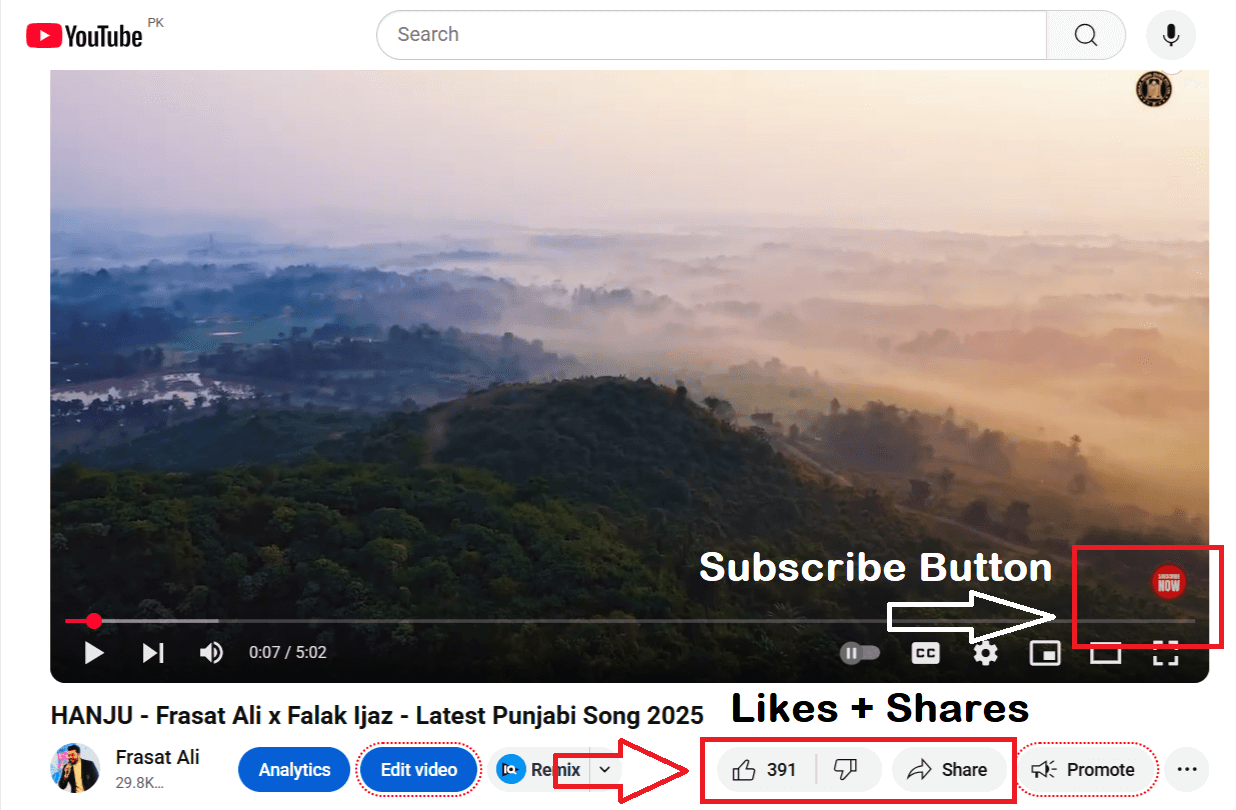
Also selected the Punjabi Songs category and added a Subscribe Button directly in the video, boosting channel growth.
4. Add Custom Thumbnails

Custom thumbnails improve CTR (click-through rate).
Tips for thumbnails:
-
Use bright, contrasting colors
-
Include readable text
-
Feature a human face (if applicable)
-
Keep the design simple but bold
Example:
The Hanju thumbnail displayed high-quality visuals with bold text and highlighted “300K+ Views” to create authority and trust. It increased our CTR significantly.
5. Include a Transcript or Captions
This boosts accessibility and helps with indexing. YouTube auto-generates captions, but uploading your own is more accurate.
6. Use Chapters (Timestamps)
This helps viewers jump to key parts. It also improves user experience, which is a behavioral SEO factor.
7. Encourage Engagement
Ask viewers to:
-
Like
-
Comment

- Share
-
Subscribe
Bonus Tip:
In my Hanju video, I embedded a call-to-action overlay and pinned a comment encouraging users to subscribe. It worked!
How to Optimize Videos on Your Website
If you embed videos on your website:
Use Schema Markup
Add VideoObject schema to help Google understand your video content.
Lazy Load Videos
Helps page speed by loading the video only when needed.
Write Supporting Text
Use relevant keywords around the video like:
-
seo video content
-
Punjabi video SEO
-
music video optimization
SEO Video Strategy for YouTube
-
Upload Consistently – Algorithms reward regular uploads.
-
Monitor Analytics:
Track key metrics like:-
Watch time
-
Average view duration
-
Retention rate
-
Impressions and CTR
-
-
Link Internally:
Link your videos from relevant blog posts or other YouTube videos.
Link Internally
Link to your videos from related blog posts or other YouTube videos. This boosts relevance and session duration.
Pro Insight:
For Hanju, I published it on both my official channel FrasatAliOfficial and BALAJI MEDIA FILMS PVT. LTD., a channel based in Punjab, India. Cross-publishing helped us achieve 300,000+ combined views.

Common Video SEO Mistakes to Avoid
– Ignoring Keyword Research
– Using Boring Thumbnails
– Writing Weak Descriptions
– Not Using Captions or Schema
– Overlooking Engagement Prompts
Questions and Answers
Q: What is video SEO?
A: Video SEO is the process of optimizing video content so it ranks higher in search engines like Google and YouTube.
Q: How do I optimize a YouTube video for SEO?
A: Use relevant keywords in the title, write a detailed description, add tags, upload custom thumbnails, and include captions.
Q: Does video content help SEO?
A: Yes. Video keeps users on your page longer, improves engagement, and helps your content appear in video-rich results.
Q: What are video SEO best practices?
A: Best practices include using keywords in titles, adding transcripts, creating engaging thumbnails, using schema, and encouraging engagement.
Q: Can I rank videos in Google search?
A: Yes. With proper optimization (schema, titles, hosting), your videos can appear in Google search results and featured video snippets.
Final Thoughts on Video SEO
Video SEO isn’t just about uploading—it’s about strategy.
Know your audience. Use the right keywords. Make the content useful. Optimize every part—from title to tags to thumbnails. Be consistent and analyze what works.
I’ve seen it firsthand. From Instagram reels like “Tera Mera Hai Pyar Amar” going viral overnight to “Hanju” hitting 300K views on YouTube—these results came from implementing real video SEO tactics.
Let your videos rank, not just entertain.
Frasat Ali is a seasoned SEO Manager with over a decade of experience helping websites improve visibility through ethical, data-backed strategies. He shares actionable SEO insights grounded in real-world success. Read More
![]()
